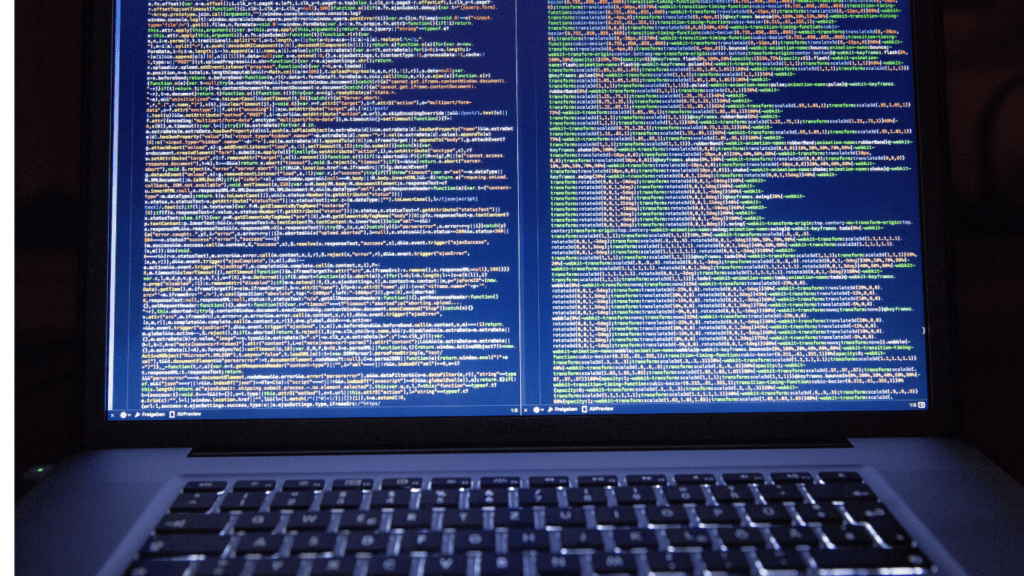Cybersecurity Challenges in the Gaming Industry
The gaming industry faces unique cybersecurity challenges that can impact players and data security. These threats require a proactive approach to mitigate potential risks effectively.
Threats to Player Data
Hackers target player data to exploit valuable personal information. In-game transactions often involve sensitive details like credit card numbers and addresses.
Cybercriminals conduct phishing scams to deceive players into revealing their credentials.
For instance, fake game update notifications can trick users into downloading malware. Breaches can result in identity theft and financial loss for players.
Vulnerabilities of Gaming Servers
Gaming servers are frequent targets for cyber attacks due to their high traffic and value. Distributed Denial of Service (DDoS) attacks can overwhelm servers, causing downtime and disrupting gameplay.
Unpatched software exploits can give hackers access to sensitive data stored on servers.
For example, SQL injection attacks can infiltrate game databases, affecting thousands of users. Regular updates and security patches are essential to protect against such vulnerabilities.
Importance of Cybersecurity for Gamers
As the gaming industry evolves, the need for robust cybersecurity becomes paramount.
Gamers face various threats that can compromise their personal information and in-game assets, making protection essential.
Protecting Personal Information
Personal information is highly valuable to cybercriminals.
Names, addresses, and payment details are frequently targeted through phishing scams and data breaches.
Minimizing this risk involves:
- Strong Passwords: Unique passwords for each account reduce vulnerability.
- Two-Factor Authentication: Adding an extra layer of protection secures accounts.
- Awareness: Staying vigilant about suspicious activities and phishing attempts prevents data compromise.
Safeguarding In-Game Purchases
In-game purchases represent a significant target for cybercriminals. Protecting these assets requires:
- Secure Transactions: Utilizing encrypted payment gateways safeguards credit card information.
- Monitoring Accounts: Regularly checking account activity helps identify unauthorized purchases.
- Vendor Reliability: Only purchasing from trustworthy sources ensures transaction security.
Effective cybersecurity measures are critical to create a safe and enjoyable gaming experience, protecting both personal data and digital assets.
Strategies for Enhancing Cybersecurity in Gaming

Cybersecurity in gaming aims to protect players and data from threats. Implementing effective strategies is crucial for ensuring a safe gaming environment.
Developing Secure Gaming Platforms
Secure gaming platforms form the foundation of a safe gaming environment. Developing such platforms involves several key actions:
- Code Audits: Regularly review code to identify vulnerabilities. Automated tools can assist in detecting potential security flaws.
- Encryption: Encrypt sensitive data, including user information and transactions, to prevent unauthorized access.
- Secure APIs: Implement robust security measures in APIs. Ensuring these interfaces are secure minimizes risks of external attacks.
- Authentication Mechanisms: Use multi-factor authentication (MFA). MFA adds a layer of security beyond just passwords.
- User Data Protection: Adopt data protection protocols. Ensure compliance with GDPR, CCPA, and other relevant data privacy regulations.
- Patch Management Tools: Use automated tools for patch management. These tools streamline the process of identifying and deploying essential updates.
- Update Scheduling: Establish regular schedules for updates. Promptly addressing security patches minimizes the risk of exploits.
- Monitoring: Continuously monitor for emerging threats. Stay informed about vulnerabilities specific to gaming software and systems.
- Testing: Test patches before deployment. Ensure compatibility and effectiveness to avoid disrupting the gaming experience.
- User Communication: Inform users about updates. Clear communication enhances trust and encourages players to keep their software current.
Impact of Data Breaches on Gaming Companies
Data breaches significantly affect gaming companies. They not only pose financial risks but also damage reputations and erode player trust.
Financial Consequences
Gaming companies face severe financial repercussions after data breaches.
Direct costs arise from legal fees, regulatory fines, and settlements. In 2020, Capcom incurred around $8 million in such expenses after a cyberattack.
Additionally, indirect costs, like remedial measures and heightened cybersecurity investments, strain financial resources.
\Revenue loss follows due to decreased player engagement.
Reputation and Trust Issues
Data breaches tarnish a gaming company’s reputation.
Players lose confidence in the company’s ability to protect their personal information. Following the 2011 PlayStation Network breach, Sony faced severe backlash from users and stakeholders.
This erosion of trust often results in player migration to more secure platforms.
Restoring trust requires transparency, improved security measures, and consistent communication with the user base, yet the damage done can have long-term effects on brand loyalty.



